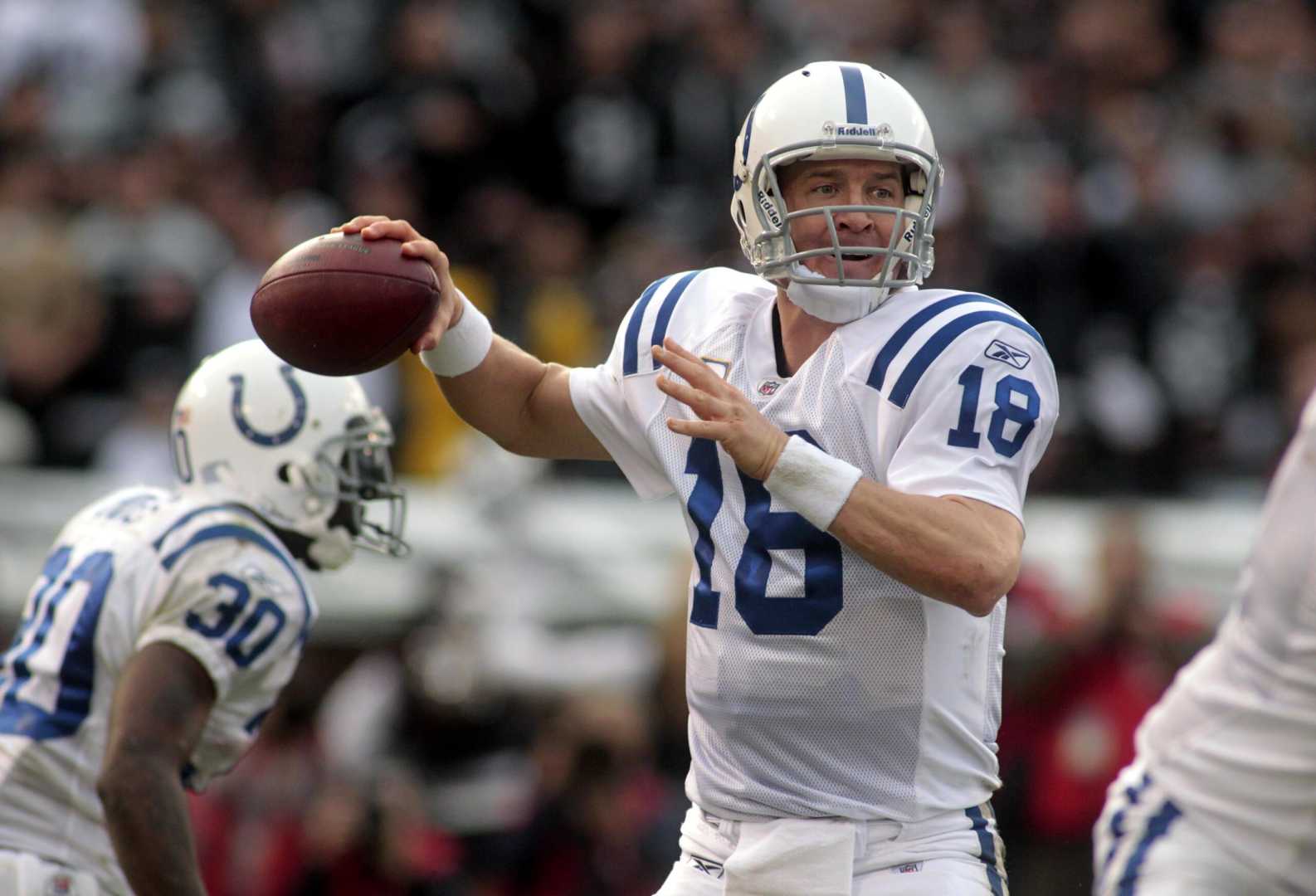Sports
Controversial NFL MVP Winners: Elway, Favre, and More

The NFL MVP award is one of the most prestigious honors in professional football, but not every winner has been universally accepted. Over the years, several MVP selections have sparked debate, with fans and analysts questioning whether the right player was chosen. Here are five of the most controversial NFL MVP winners in history.
In 2009, Peyton Manning won his fourth MVP award despite what many considered an average season by his standards. Tennessee Titans running back Chris Johnson, who rushed for 2,000 yards that year, was widely seen as more deserving. However, Johnson received zero MVP votes, likely due to the Titans missing the playoffs. Manning’s Indianapolis Colts finished 14-2, but critics argue the team’s success wasn’t solely due to his performance.
In 1990, San Francisco 49ers quarterback Joe Montana won his second consecutive MVP, edging out Philadelphia Eagles quarterback Randall Cunningham. Montana threw for 3,944 yards and 26 touchdowns, while Cunningham, a dual-threat QB, passed for 3,466 yards and 30 touchdowns while adding 942 rushing yards and five scores. Despite Cunningham’s dynamic play, Montana’s 14-2 record and Super Bowl pedigree swayed voters.
The 2001 MVP race saw St. Louis Rams teammates Kurt Warner and Marshall Faulk go head-to-head. Warner threw for 4,830 yards and 36 touchdowns, while Faulk amassed 2,147 offensive yards and 21 touchdowns despite missing two games. Warner won the award by a narrow margin, leaving many to argue that Faulk, the league’s most versatile player, was more deserving.
In 1997, Green Bay Packers quarterback Brett Favre and Detroit Lions running back Barry Sanders tied for MVP, a rare occurrence in NFL history. Favre led the Packers to a 13-3 record with 3,800 passing yards and 35 touchdowns, while Sanders rushed for 2,056 yards and 11 touchdowns, carrying a Lions team that otherwise struggled. Many believe Sanders should have won outright, as his individual performance was unparalleled.
The most controversial MVP decision came in 1987, when Denver Broncos quarterback John Elway won over San Francisco 49ers wide receiver Jerry Rice. Rice set an NFL record with 22 receiving touchdowns in just 12 games, dominating the league like no other player. Elway, while solid, didn’t match Rice’s impact, leading to widespread criticism of the voters’ decision.
These controversial MVP selections highlight the subjective nature of the award and the ongoing debate over how to balance individual performance with team success.












